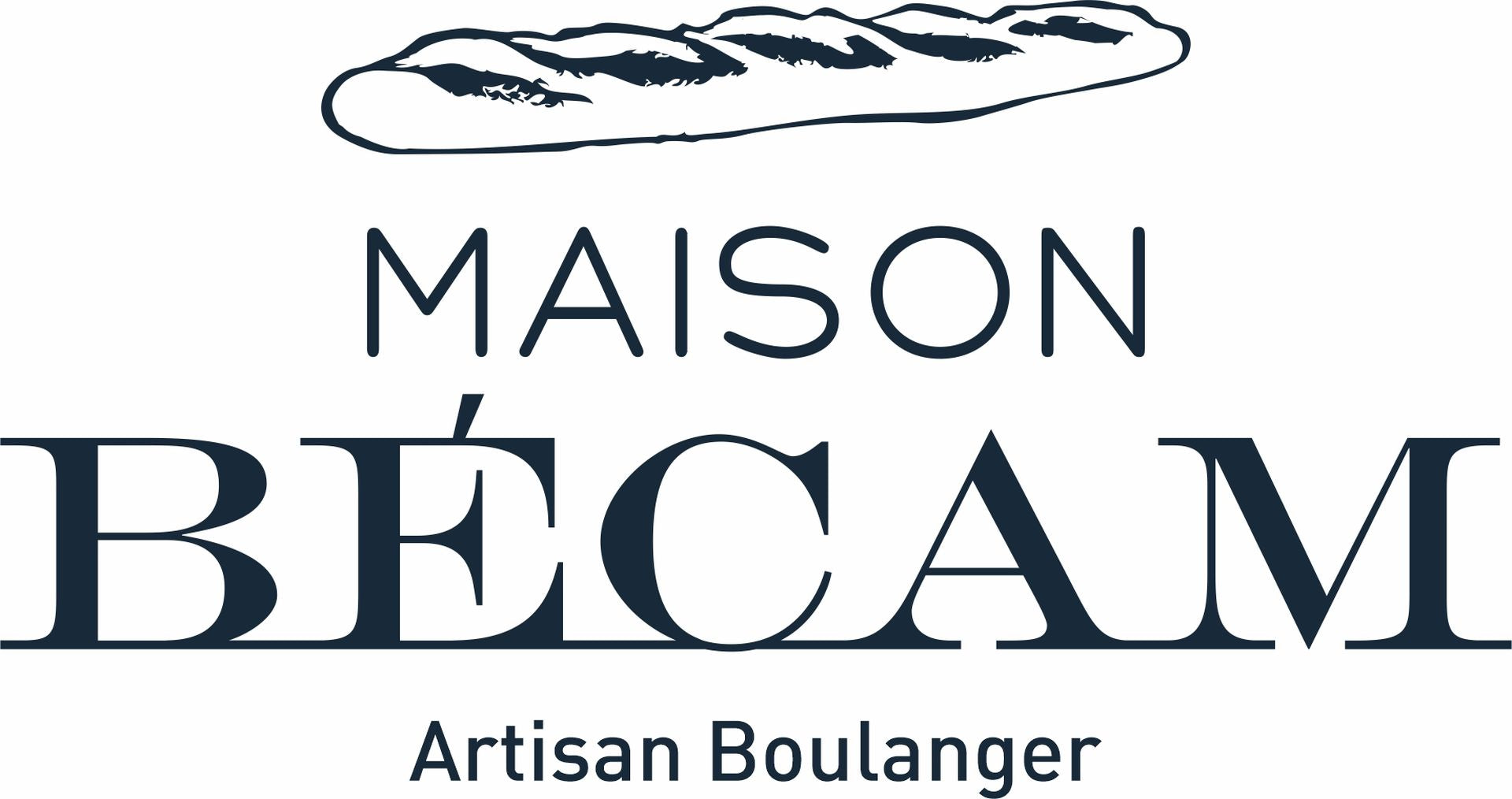"Necessities" in Europe: Belgian Fries, French Baguettes and Dutch Cannabis

‘Necessities’ in Europe: Belgian Fries, French Baguettes and Dutch Cannabis

People lined up outside a cannabis coffee shop this month in The Hague, Netherlands
PHOTO: SARA MAGNIETTE/AGENCE FRANCE-PRESSE/GETTY IMAGES
Life under the new coronavirus is retreating to essentials, raising the question: What is essential? In Europe, it depends on where you live
Kostas Nomikos was happy when the Dutch government ordered the Amsterdam bar where he works closed because of new coronavirus, alongside all other nonessential businesses. A day later he was back at work, selling legal marijuana, after authorities added the country’s famous “coffee shops” to the national list of essential services.
“Terrible idea,” said Mr. Nomikos of the decision, which was taken to reduce illegal sales of soft drugs.
His employer installed clear plastic to separate workers from customers, stopped accepting cash and only sells for takeout. But safety rules require two staffers at all times, meaning Mr. Nomikos and his colleague must try to avoid each other behind the counter. “That makes it worse,” he said.
As governments close hundreds of thousands of businesses, life under the new coronavirus is retreating to essentials, raising the question: What is essential? In Europe, the answer can depend on where you live.
Across the continent, government rulings on what are essential products and services vary widely, even over short distances. In France, baguettes are sine qua non. Across the border in Belgium “french fries” (which are actually Belgian) are vital, and next door in the Netherlands, coffee shops are a must.
“Fries are a necessity,” said Bernard Lefèvre, head of Unafri, a trade group representing Belgium’s 4,600 friteries, makers of the country’s iconic hand-cut fries. “As long as McDrive is open for the American, the fry stand must stay open for the Belgian.”
In France, President Emmanuel Macron this month listed businesses that sell food and drinks as essential—including bakeries, wine merchants, cheese shops and butchers—as well as dry cleaners and tobacco shops.
Keeping bakeries open is an “absolute necessity”—and not for bread alone, said Nicolas Bécam, who owns eight bakeries in western France.
“Bakeries also play a social role—saying hello, providing a few words of encouragement,” he said. “A lot of people who were somewhat isolated before the coronavirus are now totally isolated. Particularly elderly people.”
Nicolas Bécam in one of the eight bakeries he owns in western France.
PHOTO: LAURENT COMBET
But for many worried people tasked with providing those essentials, these national choices raise another question: Why me?
“We are not an essential service,” said Stéphane Coigné, secretary-general for Coiffure EU, a Belgian trade group representing hairdressing employers, last week. Belgium and the U.K. deemed hair salons essential services.
“According to the government’s rules, we can stay open if we serve only one client at a time and if we stay 1.5 meters from a customer,” or almost 5 feet, Mr. Coigné said. “Can you imagine, arms 1.5 meters long? That’s from another planet.”
Mr. Coigné’s group lobbied for hairdressers to be deemed nonessential. On Tuesday, Belgian Prime Minister Sophie Wilmès ordered them to close by midnight.
Belgian fry-stand workers’ complaints on social media of unnecessary exposure to the virus prompted employers to install clear plastic protective screens.

